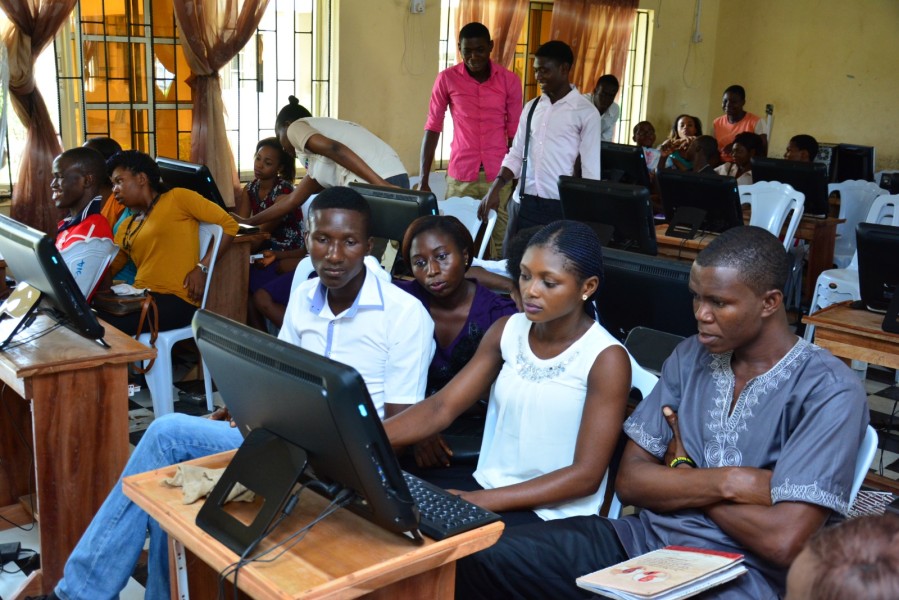The reality of seeking opportunities for remote work is partly due to the shortage of jobs available for individuals in local communities, the difficulties created by visa restrictions which limit mobility and the love to remain in Nigeria rather than relocate abroad, stated some workers we have inquired why they choose to work remotely. In the wake of the COVID-19 pandemic, the world of work underwent an unexpected evolution, transitioning from traditional office spaces to home-based environments. This sudden shift has redefined the global employment landscape, making remote and hybrid work models the new norm. As we continue to adapt to these changes, it’s clear that the future of work is here to stay, and with it comes an opportunity for growth and innovation. How do countries in the global south, Nigeria in particular, tap into this opportunity, as there is enormous potential because of the huge human resources despite the need for human capital development?
We’ve closely monitored these global trends at Initiative for Development Education and Learning(IDEaL IT Center) in the Niger Delta. We’ve observed an escalating number of jobs transitioning to remote or hybrid models. Research reveals that a substantial portion of employment can now be performed remotely, negating the need for a physical work location. This trend is set to persist and is predicted to encourage the creation of more remote-compatible roles.
In the evolving landscape of Information Technology in 2023 and beyond, the prominence of cybersecurity and data science(including data analytics, data mining, artificial intelligence, and machine) learning is indisputable. The timeframe to acquire foundational knowledge in these areas can span three to six months, contingent upon the learner’s familiarity with the subject matter. However, it’s crucial to note that attaining these skills requires time commitment and formidable tasks for a novice. This scenario would necessitate a highly systematic and well-structured learning environment. Even then, it’s important to remember that while junior-level job requirement skills can be obtained within this timeframe, mastery in these intricate fields typically demands continuous learning and practical experience.

However, in Nigeria, learning and teaching IT skills is challenging due to several hurdles. Firstly, many teachers and students aren’t computer literate, making it hard to grasp and pass on IT knowledge. Secondly, there’s a shortage of skilled individuals in IT and Communication, which slows down the learning process. Also, there’s a limited IT infrastructure and low funding. The inadequate physical facilities like computers and good internet access make learning and using IT skills difficult. Other issues, such as the high cost of IT resources, limited training time, and the commitment of the government to IT learning, complicate matters further.
At Initiative for Development Education and Learning, we believe in overcoming these challenges through collective efforts. We call upon governments and other nonprofit organizations to join us in fostering skill acquisition and supporting the government in improving the country’s overall digital infrastructure and readiness. By establishing dedicated training centers, international testing, and providing internships and practical training guides, we can support learners in acquiring the skills they need to thrive in the international IT market. This strategic approach will equip more individuals for remote or hybrid roles, fostering a global workforce that is resilient, adaptable, and inclusive. Let’s harness the power of technology and education to create a future of work that works for everyone.
Stay Blessed
Mark Dekpe
